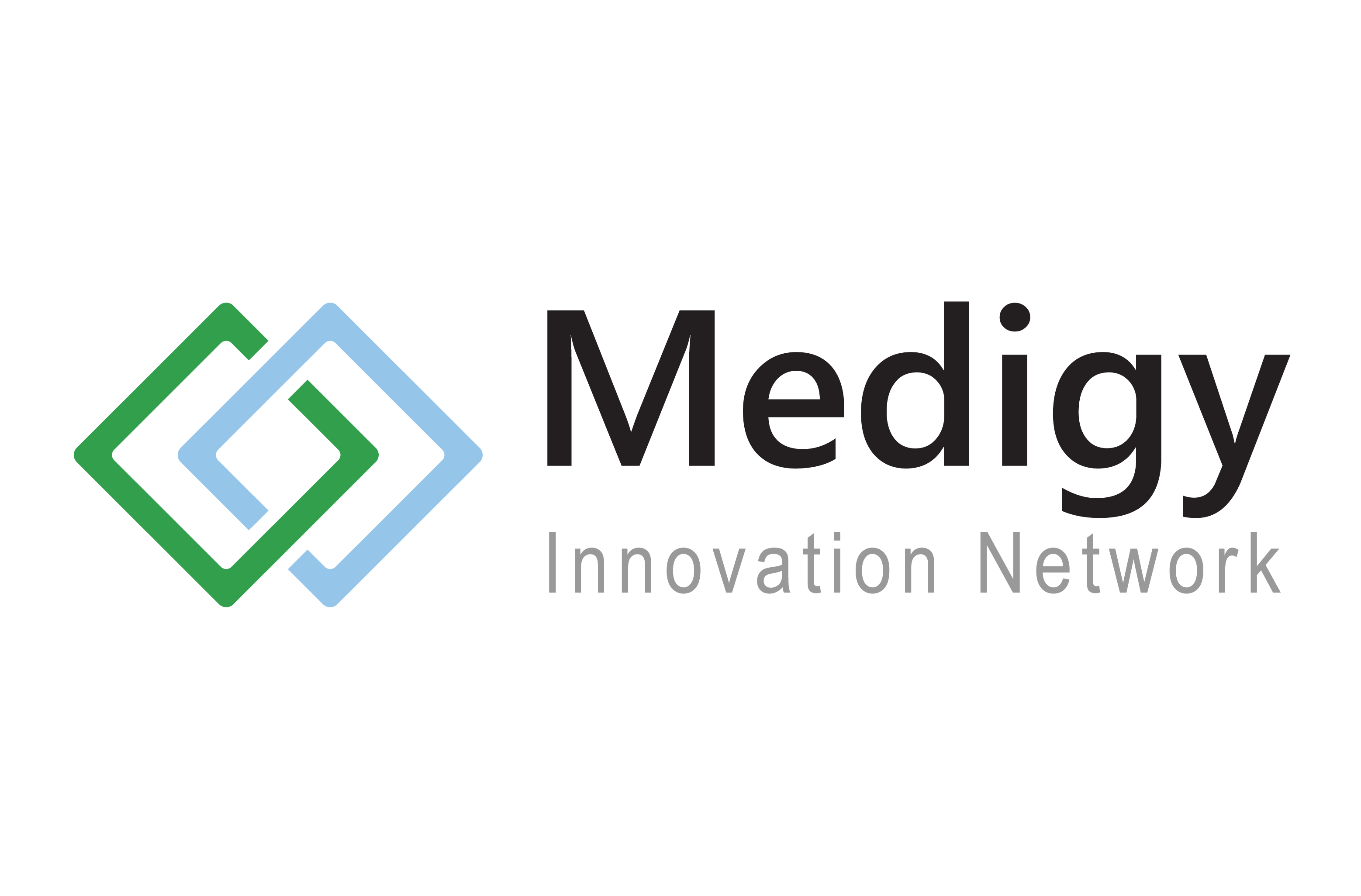“With preventive care services, doctors need to reach out to patients rather than waiting for patients to schedule an appointment. This flips the traditional patient-doctor relationship, enabling doctors to spend more time with patients to provide superior care and also drives hospital and clinic revenue by bringing in more patients. Healthcare institutions using cloud-based, bi-directional interoperability technologies such as Zoeticx ProVizion are a win-win for the healthcare industry.”
Doug Brown, Managing Director, Black Book Research
“Our physicians will benefit greatly from Zoeticx ProVizion. We welcome the streamlined, interoperable system that will enable us to transparently connect with our clinics, expedite treatment and bring in new revenue streams.”
David Conejo, CEO, Rehoboth McKinley Christian Healthcare Services
“The Center for Medicare and Medicaid Service is now providing financial incentives to care providers to bring emphasis and focus on preventive and chronic management. These incentives offer care providers with a net new revenue opportunity with the added benefit of better patient outcomes and a reduction in the overall cost of healthcare delivery. Zoeticx Care Resource Planning solutions enable collaboration to these ends, thereby maximizing this revenue opportunity and facilitating the transition from reactive care to proactive and anticipated care.”
Donald M. Voltz, MD Assistant Professor of Anesthesiology, ABPM in Clinical Informatics Case Western Reserve University & Northeast Ohio Medical University









